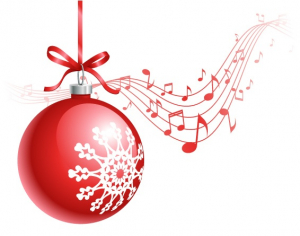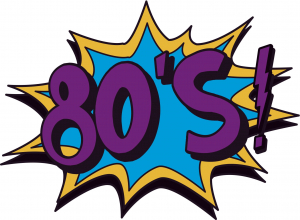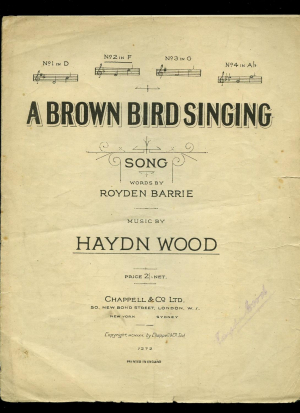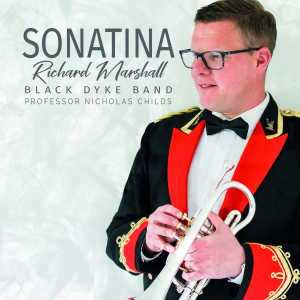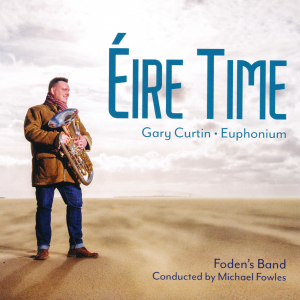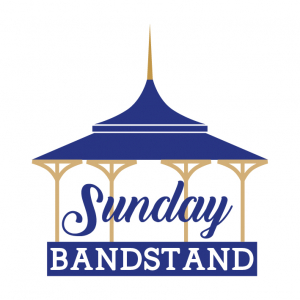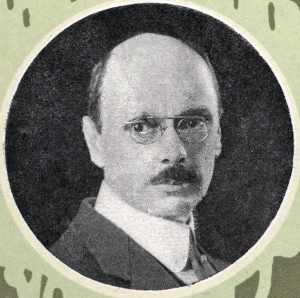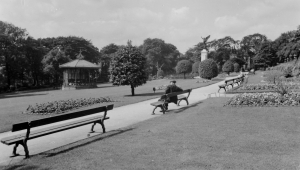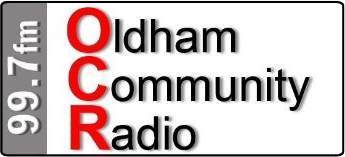
Talk Subjects
Chris Helme
This week's show is Christmas music from over a dozen bands based overseas and just a few of the best home grown bands here in the UK. Some of the music you will have heard before but I am sure some of the pieces you may be hearing for the first time.
If you have a favourite piece of Christmas music or a favourite carol please contact me by email: This email address is being protected from spambots. You need JavaScript enabled to view it. and I would be pleased to play it for you...
Hello Brass Banders - Having played our way through just some of the brass band repertoire of the 1950s, 60s,70s and 1980s we now arrive at the 1990s. Many of the pieces played in this show were recorded in the 90s and are still being played regularly today.
Being the first show in December we introduce a taste of Christmas music with more to come the nearer we get to the festive season.
If you have a favourite piece of Christmas music or Carol please contact me on This email address is being protected from spambots. You need JavaScript enabled to view it. and we should be able to play it for you.
Enjoy the show
This show is continuing our musical journey through the decades. Having played our way through the 1950s, 60s and 1970s, we now arrive at the 1980s. Whilst some of the music has not stood the test of time many pieces have and are still being played today, over 40 years since they first appeared on the concert and contest programmes.
Enjoy the Nostalgia...
Haydn Wood was born in the West Riding of Yorkshire in Slaithwaite, which is on the outskirts of Huddersfield, on March, 25, 1882. When he was three years old his family moved to the Isle of Man, an island which was often a source of inspiration for the composer. In 1897, at the Royal College of Music, he studied violin with Enrique Fernández Arbós and composition with Charles Villiers Stanford. In 1901, he was soloist at a special concert commemorating the opening of the Royal College of Music’s Concert Hall.
The concert was attended by Joseph Joachim (who had heard him play before) and Pablo de Sarasate. They were so impressed that they sent him to Brussels for study with the renowned teacher César Thomson. He then embarked on a world tour, accompanying the Canadian soprano Dame Emma Albani and they continued their association for a further eight years. From 1913 to 1926, he toured extensively with the soprano Dorothy Court, who he married in 1909.
He also gained considerable success from his works, particularly his songs. From 1939, he served as a Director of the Performing Right Society. On the occasion of his 70th birthday Haydn Wood was given a full concert dedicated to his music by the BBC. He died in a London nursing home on March, 11, 1959, two weeks before his 77th birthday.
Haydn Wood was a prolific composer of orchestral music, including 15 suites, nine rhapsodies, eight overtures, three concertante pieces and nearly 50 other assorted works, including 180 individual songs. His orchestral pieces were primarily of the “light music” style; a well-known piece of his is the three-movement Fantasy-Concerto. Another is his London Landmarks Suite, particularly “Horse Guards, Whitehall”. In 1916, he composed the popular song “Roses of Picardy” for his wife. After a time writing popular music, Wood began to write musical comedy; his best-known piece of this genre is the musical play Tina. The tone poem Mannin Veen (pub. 1933, Manx for “Dear Isle of Man”) was based on four Manx folk tunes and is one of two works written originally for wind band by Wood. The work is also occasionally performed in its orchestral version.
On this week's show we have his song 'A Brown Bird Singing', a very popular cornet and flugel horn solo.
Cornet Soloist Richard Marshall
Black Dyke Band
Conductor: Professor Nicholas Childs
Doyen Recording DOY CD399
Hello Brass Banders -
This is a show highlighting just some of the 1960s pieces of brass band music that many of us were playing in those days. There are certainly many pieces that have stood the test of time, but inevitably many others have been confined to the darkest corners of bandroom music libraries never to be seen again.
Apologies for the show being very late, I have been ill since last Friday, nothing serious but it does mean that the 1970s show for this coming Sunday will be sent out in a later week when I hope to be fighting fit again. Thank you to those listeners who had emailed me asking where had I gone and was I OK....
Chris
George Howard Clutsam (26.9.1866 – 17.11.1951) an Australian pianist, composer, and writer, best remembered for his 1922 arrangement of Lilac Time music written by Franz Schubert. He published over 150 songs.
He was born in Sydney, New South Wales, Australia. His career began as a pianist, with little formal training. After establishing himself in Australia and New Zealand, he moved to London in 1889, where he continued as an accompanist to various artists including his fellow Australian Nellie Melba in 1893. From 1895 he moved to arrangement and composition of orchestral works and light opera.
He married Australian singer Minna Fischer on December 12, 1908.
Between 1908 and 1918 he wrote music criticism for The Observer and The Musical Times, while continuing to compose and arrange. In 1912, he wrote a biography of Franz Schubert. As well as the many stage works, he wrote numerous songs and later became Vice-Chairman of the Performing Right Society. He also wrote music for the silent cinema, and later for the ‘talkies’.
He published under a number of pseudonyms, namely Paul Aubry, Robert Harrington, H.S. Iseledon, Georges Latour and Ch.G. Mustal.
He died in London in 1951 at the age of 85.
Lilac Time – was a popular piece for brass band park engagements.
Howard Lorriman was born in the West Riding of Yorkshire. He started to play the Cornet at the age of 11. After winning a West Riding scholarship at the Huddersfield School of Music he went on to study Trumpet with Maurice Murphy and composition with Arthur Butterworth. He then took a post-graduate course in singing at the Royal Welsh College of Music and Drama, where he won two prizes.
With the legendary teacher George Thompson, who directed Grimethorpe Colliery Band over 20 years, Howard also studied Euphonium. Under George Thompson’s guidance, he gained a Fellowship of Trinity College London.
Howard has had a long and successful career as a head of music, examiner, and conductor. During this time, he played with many Championship Section Bands. In 1997 he became an arranger and composer for Obrasso, with whom he works exclusively. This has led to an extensive catalogue of Orchestral-, Brass-, Choral- and Wind music as well as numerous arrangements. Many works have been and are performed as well as recorded by international Orchestras, Choirs, Ensembles and Soloists. In competitions all over the world, his works are highly enjoyed and respected as test pieces.
Howard retired from full-time teaching in 2016 and this has enabled him to devote more time to composition and performing. He lives in the beautiful Yorkshire Dales with his wife Christine, an ageing Triumph Stag motor car and an increasing collection of model trains and soldiers.
This week we are featuring one Howard's arrangements played by the Italian Brass Band from the band's 2017 CD.
Talks Available
All the presentations are timed to last up to an hour except where shown - questions are gladly taken after the presentation. All have been presented to male, female and mixed audiences of varying age groups.
-
A Postcard from the Past
The Sunny Vale Pleasure Gardens, Halifax - Yorkshire’s Alton Towers of the…
-
All in a Days Work
Reminiscences from 30 years in the Police Service – (humorous lecture presentation)…
-
Legends from the world of Brass Bands
(Info-tainment – digital slides & music) – 1 hour presentation.
-
A Week in May
A story based on the Murder of Lord Frederick Cavendish (of the…
- Memories of Christmas Past
-
The Road to Publication
In 1979 I was asked to assist in presenting a series of…
-
How we used to live
We have all seen and experienced changes in our lives. Bring back…
- Holiday Memories from the Past
-
Other Folks Rubbish (Not suited to a Zoom presentation)
With a local history theme… – (thought provoking humorous lecture presentation) –…
- So you want to be a Pirate ? - The life of a Pirate was not all that it seemed
- Superstitions, New Year Resolutions and the Origins of St Valentine's Day
- Brighouse at Work
-
Sorry but I am not able to accept any more face to face talk bookings at the present time ONLY ZOOM TALKS


